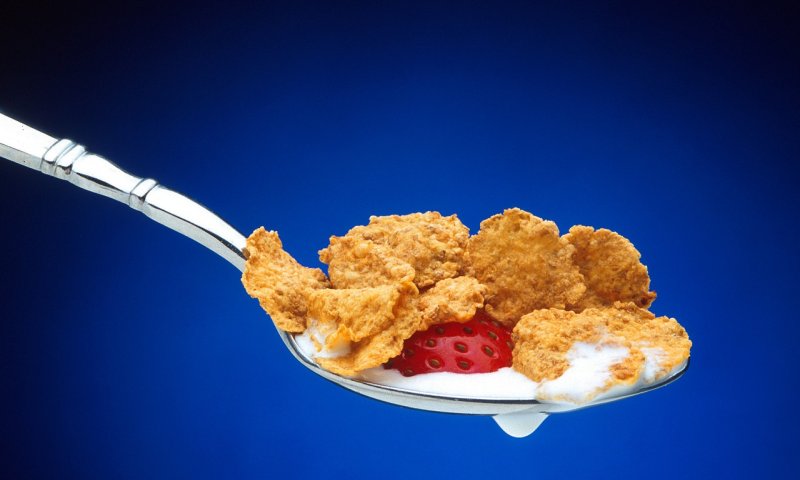
Doctor, I ate and don't remember – does it count?
Sleep-Related Eating Disorder is a nocturnal eating disorder from which a minute percentage of 0.3% of the population sufferse. And which is its better known sister? • Dr. Osnat Raziel puts things in order
- Dr. Osnat Raziel, Tuesday 18th Elul
- י"ח אלול התשע"ה

They do not remember anything, but in the morning their kitchen looks like a real battlefield. Usually it is someone in the house to wake their attention to a high-calorie meal which they simply do not remember at all. Introducing SRED, a rare eating disorder which causes those afflicted with it just to wake up, eat and not remember a thing!
Since the percentage of patients with this disorder is particularly low, research funding were not directed significantly to this phenomenon and most of the information was gathered by foraging for information transmitted by those afflicted with it or around them. But the symptoms are clear, not only do the afflicted patients not remember anything, they tend to choose for their nighttime meal combinations particularly fattening foods and high calories and carbohydrates in various combinations that seem strange at times illogical. [Jam with pastrami, frozen meat, or coffee beans combined with food].
Some tend to tie the eating disorder out of sleep to a similar syndrome of people walking in their sleep without being aware of it. Many data indicate that the foods they consume are actually foods they avoid during the day.
But it seems that a more thorough exploration of the phenomenon could shed light on its twin sister, the NES eating disorder which is much more common, where those who suffer of it tend to consume each day in the evening, a much higher percentage of calories than their daily total - only in the evening.
An article on the subject in Ha'aretz on the 31/08/14 quotes Prof. Orna Tzisinski, head of the Department of Behavioral Sciences in the Jezreel Valley College: "In general we do not have a lot of studies on the phenomenon of nocturnal eating, especially with regard to children and adolescents. When it comes to unconscious nighttime eating, there are even fewer studies. There are some studies on sleepwalking and some hypotheses are that those who eat in their sleep have a background of walking at night." Tzisinski has been a researcher of sleep for more than 20 years and in the last decade is examining the issue of nocturnal eating, in collaboration with Prof. Yael Latzer, of the eating disorders clinic at Rambam Hospital. "Most people who come to the clinic because of nocturnal eating, arrive due to a eating disorder and not due to disorder sleeping," explained Tzisinski." In most cases, these are people who eat consciously at night and few of them suffer of nocturnal unconscious eating."
It seems that there are similar traits between these two eating disorders, although one of them is remembered by those who suffer of it, while the second takes place at the level of the subconscious. Most of the characters suffering from it have symptoms of a slight depression or emotional stress leading them to express themselves through food, the kind that they refrain from in times of waking, which they successfully manage in a more optimal mental and psychological way, while emotional distress can include anxiety, loneliness or stress factors and is expressed specifically in removing restraints against harmful foods and especially in the evening.
What does one do then?
Diagnosis of an eating disorder can help in fighting it. The change which the patient is in need of, is a comprehensive one and includes clinical care, medical treatment if necessary and being closely monitored by a dietitian.
תגובות
{{ comment.number }}.
הגב לתגובה זו
{{ comment.date_parsed }}
{{ comment.num_likes }}
{{ comment.num_dislikes }}
{{ reply.date_parsed }}
{{ reply.num_likes }}
{{ reply.num_dislikes }}



הוספת תגובה
לכתבה זו טרם התפרסמו תגובות